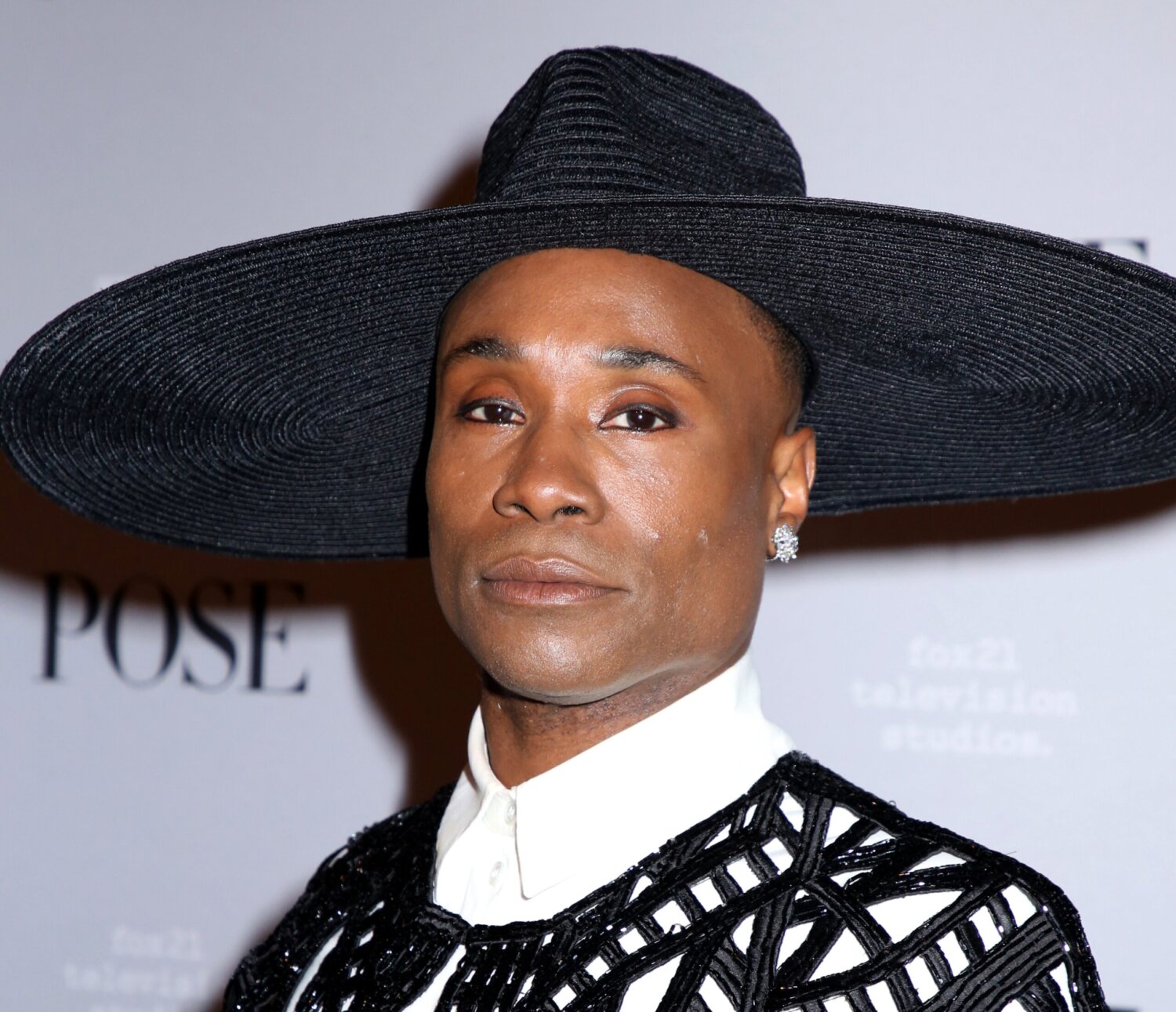More than a decade after receiving a positive HIV diagnosis, Billy Porter is speaking about it publicly for the first time.
In a wide-ranging interview published by The Hollywood Reporter on Wednesday, the Tony, Emmy and Grammy award-winning performer revealed that he first tested positive for HIV in 2007.
“It was 2007, the worst year of my life. I was on the precipice of obscurity for about a decade or so, but 2007 was the worst of it. By February, I had been diagnosed with Type 2 diabetes. By March, I signed bankruptcy papers. And by June, I was diagnosed HIV-positive,” Porter said.
“The shame of that time compounded with the shame that had already [accumulated] in my life silenced me, and I have lived with that shame in silence for 14 years.”
Porter also spoke candidly about his career, coming out as HIV-positive to his mother and navigating the COVID-19 pandemic.
Here are the big takeaways from Porter’s tell-all interview.
“For a long time, everybody who needed to know, knew—except for my mother.”
Porter says that after he first found out he was HIV-positive, he tried to block out the diagnosis as much as possible. He didn’t want his status to impact his work in an “already discriminatory” industry where he was an out Black gay man.
He says those closest to him knew—except for his mother. Porter explains that the persecution his mother had faced from the religious community for his being gay made him fearful of how being HIV-positive might further impact her.
“I didn’t want to put her through that. I was embarrassed. I was ashamed. I was the statistic that everybody said I would be. So I’d made a pact with myself that I would let her die before I told her. That’s what I was waiting for, if I’m being honest,” he said.
After waiting years, Porter says he planned to tell her in person after getting his COVID-19 vaccine. In the end, it just came out naturally during a phone call ahead of his last day shooting Pose.
“I ripped the Band-Aid off and I told her. She said, ‘You’ve been carrying this around for 14 years? Don’t ever do this again. I’m your mother, I love you no matter what. And I know I didn’t understand how to do that early-on, but it’s been decades now’,” Porter said.
That same day, Porter told the cast and crew of Pose.The hit drama series, where Porter stars as the HIV-positive Pray Tell, just finished production on its third and final season
“I told them the truth because, at a certain point, the truth is the responsible road. The truth is the healing. And I hope this frees me,” Porter said.
“COVID created a safe space for me to stop and reflect and deal with the trauma in my life.”
After the outbreak of the COVID-19 pandemic, Porter and his husband, Adam Smith, rented a home on Long Island to escape New York and protect Porter’s health. He says the past year has given him the time and space to reflect on the trauma in his life, including his HIV status.
“There has never been a moment that I’ve not been in trauma, which is what I’ve discovered this last year,” Porter said.
“I started peeling back all these layers: Having been sent to a psychologist at age five because I came out of the womb a big old queen; being sexually abused by my stepfather from the time I was seven to the time I was 12; coming out at 16 in the middle of the AIDS crisis.”
He says processing that trauma was key to coming out as HIV-positive.
“I’m the healthiest I’ve been in my entire life.”
Porter said he wants to dispel presumptions that HIV is a death sentence. He said his status has made him go to the doctor more frequently and, coupled with medical advancements, he’s healthier than he’s ever been.
“This is what HIV-positive looks like now. I’m going to die from something else before I die from that. My T-cell levels are twice yours because of this medication,” he said.
“I go to the doctor now—as a Black, 51-year-old man, I go to the doctor every three months. That doesn’t happen in my community. We don’t trust doctors. But I go to the doctor, and I know what’s going on in my body.”
“It’s not the only thing I am. I’m so much more than that diagnosis.”
Porter says it’s time to end the stigma around HIV, and he wants his openness to be a positive force. He says speaking his truth was about himself and freeing himself to experience “unadulterated joy.”
“I told my mother—that was the hurdle for me. I don’t care what anyone has to say. You’re either with me or simply move out of the way.”
You can read Porter’s full interview here.


 Why you can trust Xtra
Why you can trust Xtra


